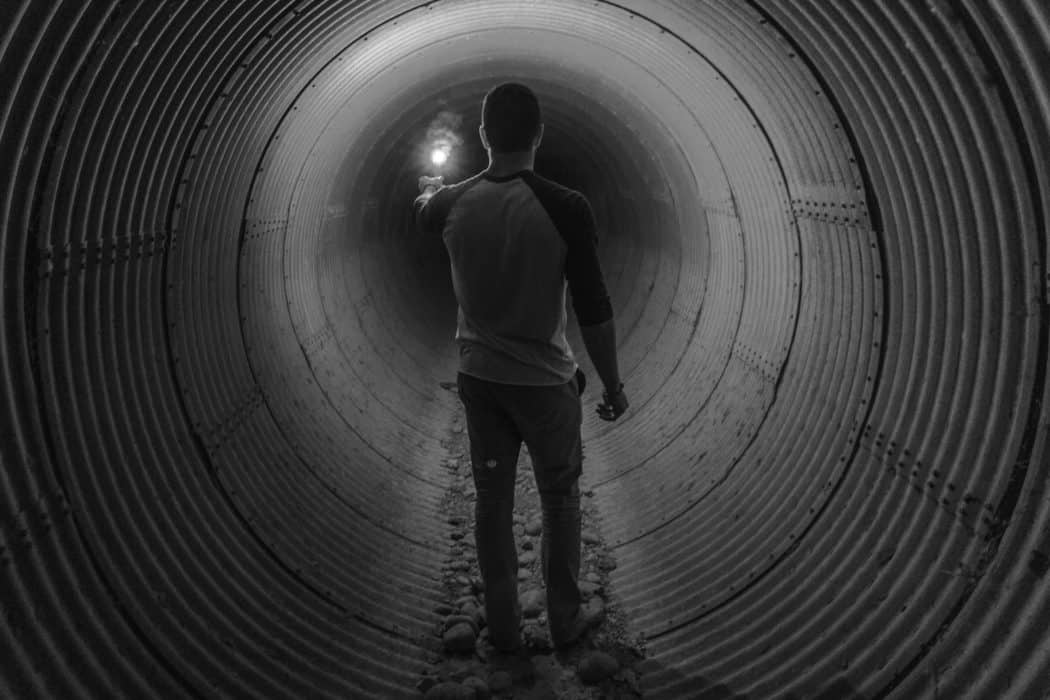“Personal responsibility” forms the backbone of polarization in our country today. We all agree we need it. But we can’t actually agree on what it means. It’s a Rorschach test of modern morality, a vessel in which we infuse our core moral intuitions. We can’t seem to see past our own interpretation.
How did we get here? How do we get out?
Personal responsibility version #1: Self-reliance
Conservatives typically believe that people experiencing downtimes – whether it be poverty, marginalization, etc. – should above all else take responsibility for their situation, pull themselves up by the bootstraps, and transform their lives. If people remain in bad situations, they have only themselves to blame for not being more proactive, inventive, or diligent.
Personality responsibility is taking ownership of your own well-being.
There is honor in this.
Personal responsibility version #2: Do no harm
The left-wing sees “personal responsibility” quite differently. Liberals typically believe that people who find themselves consistently down and out usually have a good reason. They are the victims of systems of oppression. They didn’t have adequate education or mentorship as children. They suffer from mental illness or disabilities. They experienced some other trauma that delayed their development. Everyone is at the mercy of forces out of their control.
As such, the left-wing often sees personal responsibility as taking responsibility for how one’s behavior consciously or unconsciously affects others, how we might have caused someone else to be down and out. If we are white, we take responsibility for our complicity in racism. We see the impacts of our consumption on the Earth and do our best to reduce those impacts. We see how our way of being may infringe on other’s ability to attain well-being.
Personal responsibility is making sure you do no harm to others.
There is honor in this.
Seeing both sides
The problem is not that either side fails to acknowledge both value systems: self-reliance and do no harm. In fact, I think both beliefs are well subscribed by the majority of Americans. Conservatives, for example through their stance on abortion, clearly have an intent to do no harm. Liberals, for example through their widespread embrace of capitalistic ideals, clearly believe in bootstrapping and self-reliance. They agree to a society where hard work is rewarded and laziness is punished.
The problem is that we all seem to have a favorite. Our brains have a hardwired path through which they tend to understand the world, like a wagon that travels the same muddy path every day and eventually forms a rut that it can’t get out of.
One side is wearing orange-tinted sunglasses over their eyes, and declares definitively, “The world is orange.” The other wears yellow-tinted sunglasses and scoffs at their stupidity and says “The world is obviously yellow.”
Personal responsibility version #3: Owning your lenses
There’s a different way. For me, especially in these times of incredible complexity and polarization, real personal responsibility is understanding and observing the lenses through which we view the world, to hold them less lightly, and to develop more lenses.
We can’t truly be personally responsible until we pull back and objectively witness our biases. We can’t truly be personally responsible until we see how we mold what’s happening in front of us to fit our biases, not the other way around.
If you’re a liberal, work on building your self-reliance system. How did you create whatever bad situation you find yourself in? How can you best help others to take responsibility for themselves?
If you’re a conservative, expand your “do no harm” system. How might you be hurting others without realizing? Do you understand “harm” in all its complexity?
In doing so, we allow ourselves to generate a much richer, fuller picture of reality. Rather than being “owned” by whatever sunglasses we happen to be wearing, we open ourselves to a much broader range of color. We allow ourselves to see higher, more difficult truths.
Why we expand
I am committing myself to this way of being not because I believe that in today’s America both sides are equally right. I won’t offer up some platitude of moral equivalence. Indeed, I believe wholeheartedly that the average progressive today has a more dynamic and helpful vision of how to deal with society’s problems than the average conservative. I don’t think it’s more helpful or most wise to always find yourself in the middle between two sides.
I am committing myself to this way of being, however, because there is literally nothing to lose. It can only help. If I continue deepening my rut, reading all the books and articles that confirm and expand my progressive “do no harm” philosophy, then I limit myself to that one way of thinking.
If I build new ways of thinking, new neural pathways in my brain, then I expand the types of dynamics that my brain is able to see clearly. This does not diminish my desire or ability to “do no harm.” Rather, it simply gives me another tool that I can use if and when it’s appropriate.
And if I am confident that today’s America will be most aided by an infusion of progressive ideals, then the ability to see otherwise won’t be a problem. I can trust that this tool will still be most applicable and helpful, even if I add others to my toolbox.
Ultimately, the real question is: Am I more committed to progressive values as a construct or to truly creating a better world? If the former, then I will do whatever I can to see the world in just that one way. But if the latter, then I must allow progressive values to be just one tool used to build that better world, something that I use when appropriate and let go of when not.



